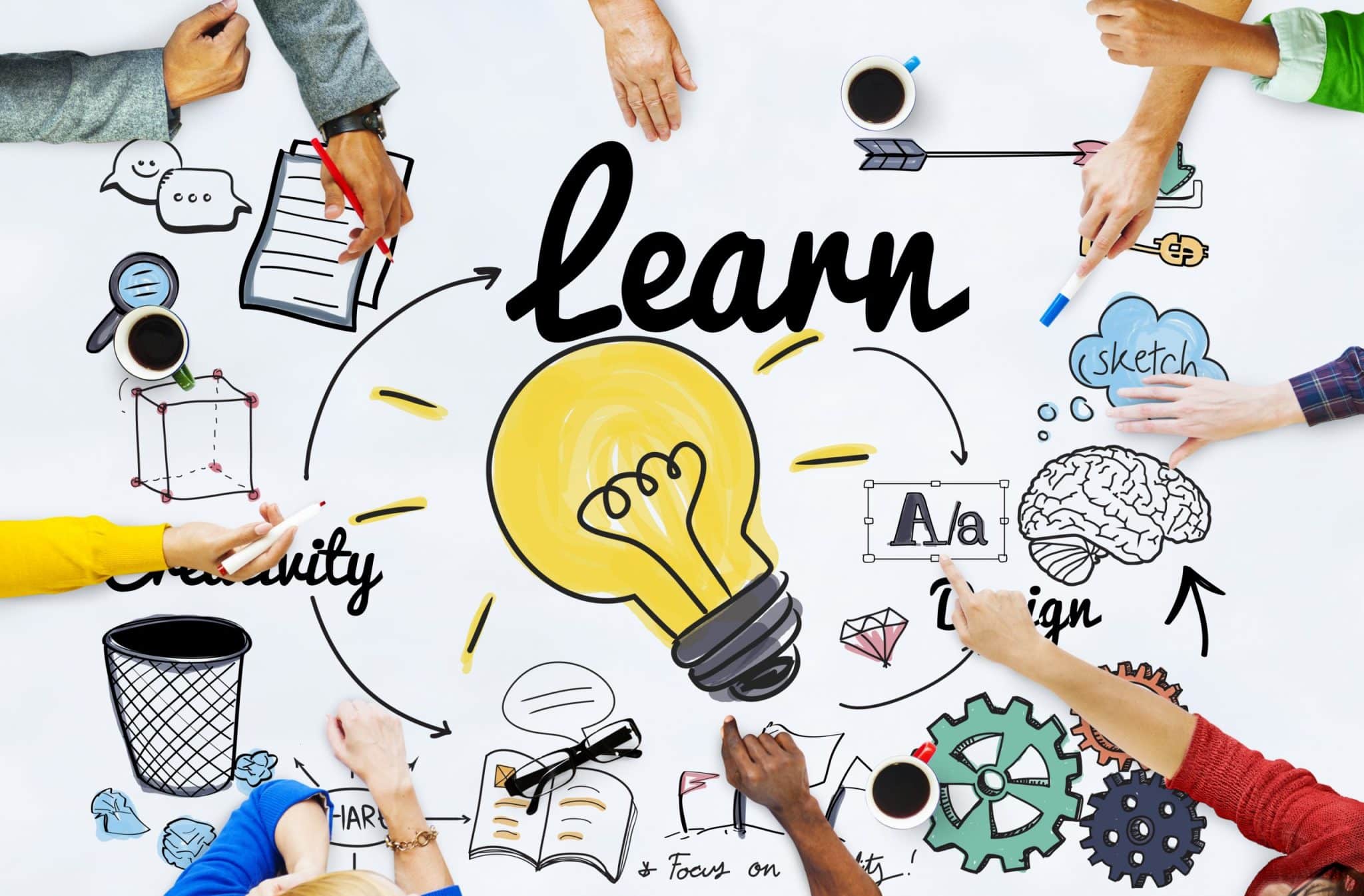Understanding the Power and Process in Learning
As an educator, I have the responsibility to ‘teach’. Beyond what is learned, and where learning takes place, the question of how and why a person learns reveals some of the most important questions to ponder in education. The process of learning must be the responsibility of the ‘teacher’ as well as the ‘student’. Often educators believe they hold knowledge much like a vessel holds water. The vessel must be constantly renewed with fresh, clean water or it may become stagnant and undrinkable.
After a summer of metaphorical rain and time spent cleaning out and refilling my own vessel of knowledge, I return to the same issues I have at the beginning of every academic year. How can I address contemporary human problems in our existing system of education and truly create a space where true and meaningful learning can take place? What worked in my classroom in the past, and what have I chosen to discard or transform in my teaching? And most of all, what have I learned, and how have I challenged myself to understand and engage ALL forms of learning?
I struggle with the dominant discourses and power dynamics that play out daily, not only in the political arena but also most notably in our present system of ‘education’. Realizing the power inherent in teaching, especially as a white teacher in a predominantly white school is not enough. I must understand the power dynamics I create knowingly, and unknowingly. Without understanding the power dynamics, can I be a teacher that truly understands and learns from different perspectives and forms of learning in my classroom, or will I revert to what is comfortable and safe?
I have taught middle school, high school, and college-level students. I am keenly aware of the power that I hold and yield with regard to the language and knowledge presented and produced in my classroom: The responsibility that is inherent in either controlling or wielding that power is hefty, indeed. I have never felt completely comfortable with what I do in the classroom. Mostly because I know I can always be a better educator, I can always improve a lesson, I can always say or write something in a clearer – more connected way, and there is always the potential to damage and discourage.
I guess that is the fear of any teacher who truly engages in their craft on a personal level. Just as a parent fears ‘doing damage’ to their children due to their insensitivity, over-busy lives, or just plain inattention to what matters at the time, I have the same visceral reactions in my daily life as a teacher.
The personal, emotional, and dialogic processes of learning are often overlooked and undervalued in education. We tend to separate the mind from the body, knowledge from emotion, and personal intellect from collective knowledge. However, my most relevant and meaningful moments in the classroom have been when I’ve encouraged connection to material through emotional and personal reflections and perspectives and their expressions.
Teachers determine how their students are connecting with course content in many ways, but more than often than not, those assessments are based on the student as an isolated learner. Learning does not take place alone. The daily lives of students
are full of personal and collective experiences. Learning is dependent upon their shared lived experiences and interactions with each other, and very importantly, how a teacher is able to incorporate diverse and shared perspectives into the learning process.
Learning that takes place at school is situated learning. It is a space where many ideas, experiences, expectations, and most importantly, identities converge and can be encouraged to emerge or to submerge. The actors in this situational state are not just students. The actors playing out their everyday realities are the administrators, teachers, parents, staff, and yes, students.
I realized that if I concentrated on only the students’ ‘script’, I’d never understand if learning was truly taking place. Each story, each narrative, and each use of language that reveals understanding or misunderstanding, is a reflection of the personal process of learning. It is an expression of knowledge that can create possibility and empower, or that can be seen as an impossibility. I can only imagine how it must feel to be a student who is told all day long what, how, what, and why they should be learning.
I began to understand that the most important way to challenge a system full of unequal power dynamics would be to critique and analyze my own experience as a teacher. How do I create or recreate a power dynamic that reinforces the very issues I am trying to eradicate through ‘discussion’? How do I reflect upon my own motivations to teach? Do my own inadequacies, insecurities, and ego carry over into my classroom? Why did my own unsatisfactory experience with education lead me to teach and to pursue graduate studies in education?
The answers to these questions, just like those I pose to my students, will definitely unfold. The process of learning is personal, situational, and collective. Educators need to keep their eyes, ears, and hearts open to all that can (and will) be revealed in and out of the classroom, as that is the responsibility of the true teacher…to never stop learning.

